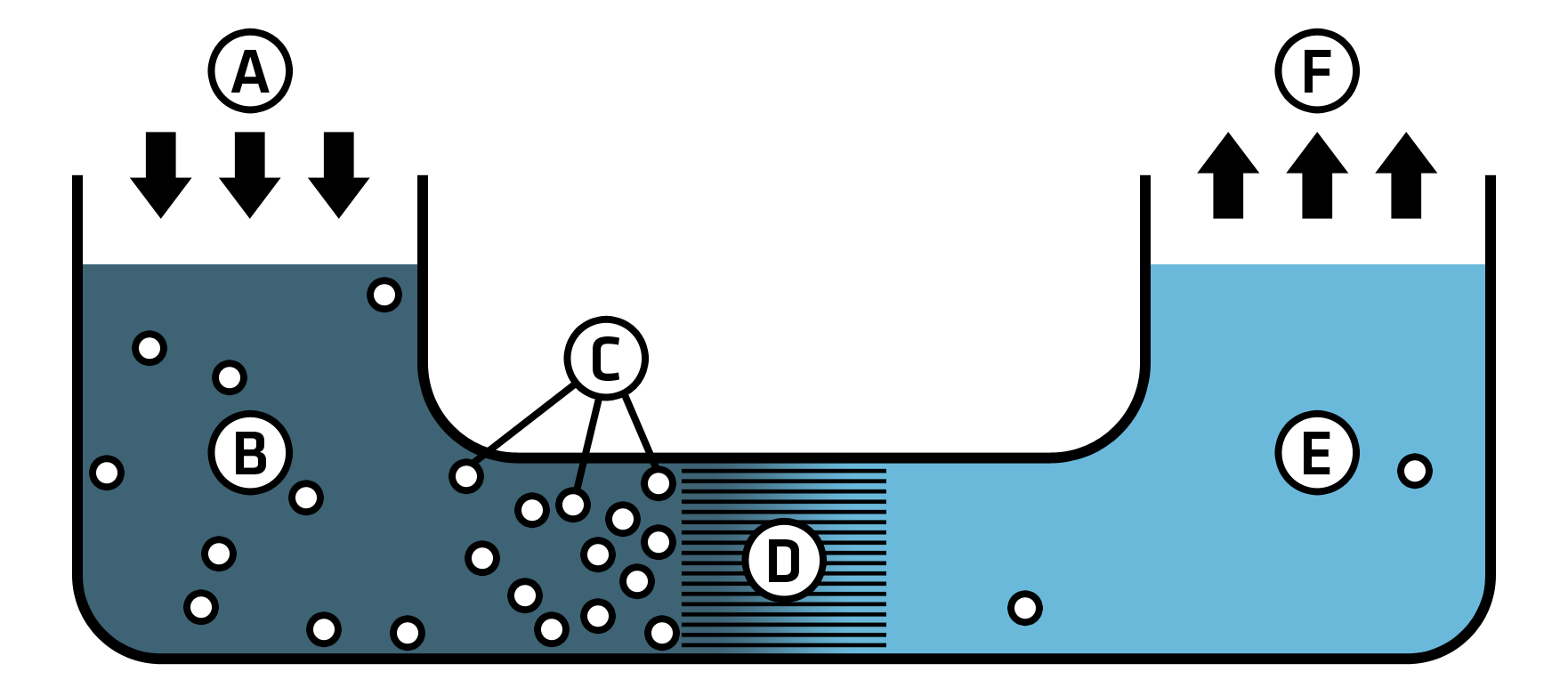Reverse Osmosis

Reverse Osmosis is a technology with various applications of tremendous interest; among those applications, desalination of water is critical for many regions in the world. Reverse Osmosis application requires understanding of a plethora of scientific and technical principles which are presented in detail in this scientific seminar.
Objectives:
By the end of the course, participants should have:
ü An overview of the types of principles of osmosis
ü Knowledge of most important processes and devices involved
ü Understanding of transportation phenomena
ü Understanding of how to identify problematic processes / devices
ü Understanding of physical and chemical processes involved
ü Knowledge of potential applications of RO
ü Understanding of the effect of various contents of salty water in the reverse osmosis process
ü Knowledge of organic, inorganic, microbes, bacteria, suspended solids and other chemical content in water
ü Understanding of advantages and shortcomings of osmosis and reverse osmosis processes
ü Knowledge of all recent advances and breakthroughs
ü Understanding of Membrane technology
ü Knowledge of most important membrane types
ü Knowledge of water quality principles
ü Understanding of Reverse Osmosis engineering
Contents:
ü Reverse Osmosis principles
ü Osmosis, Reverse Osmosis, dead end filtration and cross flow filtration
ü System flow rating
ü Recovery and Rejection
ü Concentration polarization
ü Fouling
ü Scaling
ü Silt Density Index, Modified Fouling Index, Langelier Saturation Index
ü Transport models
ü Membrane technology
ü Basic Flow patterns [Arrays, recycle, double pass, Multiple Trains]
ü Reverse Osmosis Skids
ü Water quality science and principles
ü Mechanical Pretreatment
ü Chemical Pretreatment
ü Sequencing of pretreatment technologies
ü Membrane bio fouling and disinfection approaches
ü Design considerations
ü On line and off line operations
ü Performance degradation
ü System Engineering
ü Trouble shooting
ü Recent breakthroughs and advances
ü Summary, Conclusions and analysis of near future achievements
Who should attend?
ü Engineers, workers, research scientists
ü Executives, managers and directors of desalination units
ü Investors in desalination units
